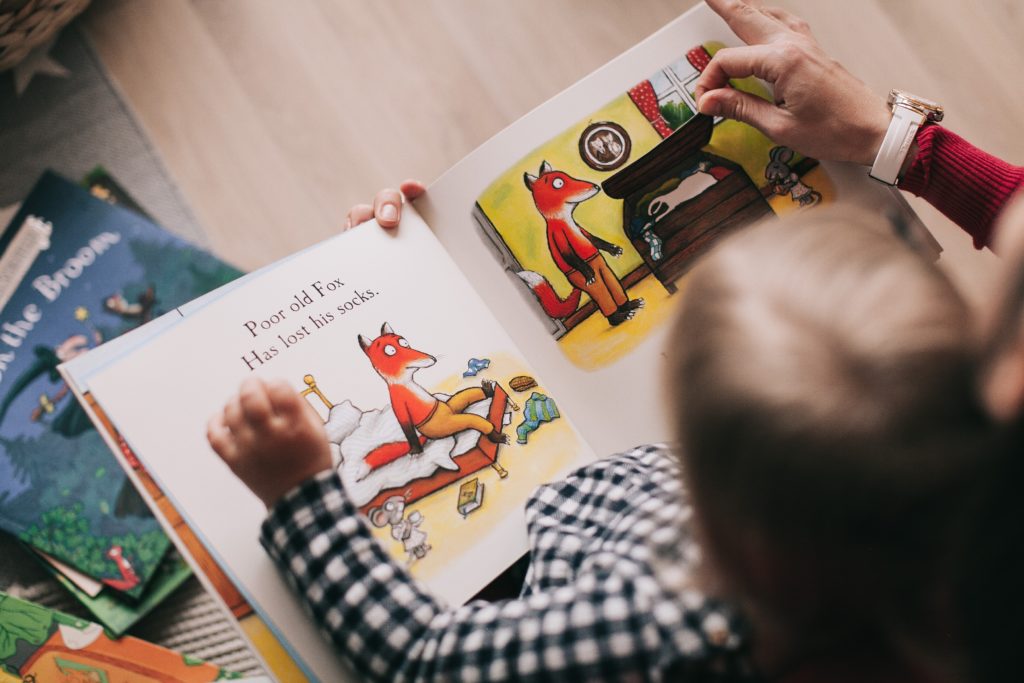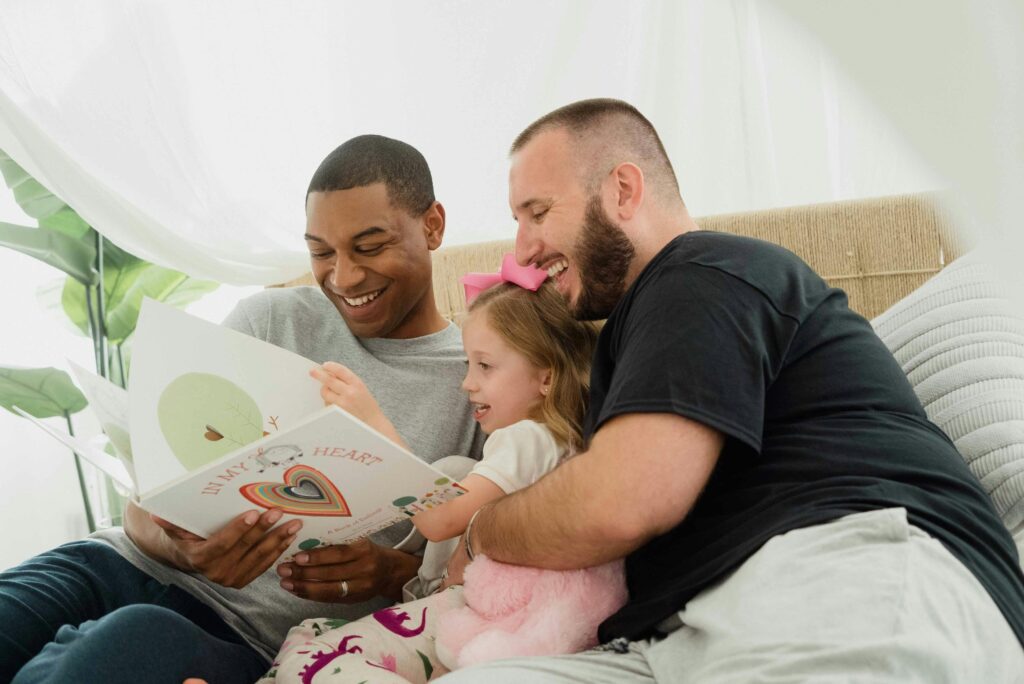It hasn’t happened recently, but occasionally, I will publish a piece that evokes an: Are you ok? Should I be worried?
First of all, yes, you should be worried about me as I am worried about you and the state of the world all day every day. It’s part of having been born Jewish. My birthright is constant worry and unending guilt. I’m just not sure what utility worry and guilt have or how they help.
Worry is a secondary emotion that is exceptional at its job: Avoidance. It helps us avoid whatever we really have to feel – whatever feeling is underneath the worry.
Our grief. Our sorrow. Our powerlessness. Our helplessness. Our pain. Our shame.
And it transfers those feelings onto the person we’re worried about. If I worry about you then I feel I’m doing something, when I am not. I can make you the one with a problem and avoid facing my fear, helplessness, pain, and sadness.
About a year ago, I sat outside on a bench with an old friend in his 60s. He looked up at me in a moment of candidness and said he was “worried about me.”
Because of something I wrote.
I knew what I had written. I knew the intent with which I’d written it. What I didn’t know, was what he heard.
I could sense projection coming on.
He was made uncomfortable by my assertions in this piece about redefining work and assessing what matters to us in order to avoid a life full of bitterness, resentment, reactivity, dysregulation, rage, and loneliness – which I do believe a majority of people consciously or unconsciously default-into.
He believed I was talking about myself.
And deep down, he knew I was talking about him.
I don’t struggle telling people the truth about how I feel. But he did. I confront hard things. He did not. I am well aware of my resentments, rage, bitterness, and anger. And I process them accordingly (and certainly before I share them with the public).
It’s the denial that you have those feelings that makes them grow.
The feelings themselves are not dangerous or bad. They’re useful. Feelings are data from your insides telling you what’s up.
You don’t have to do anything with them besides acknowledge and feel them. But this man couldn’t, which is why he had to be worried about me. When he needed to look at himself.
It was him and others like him I was trying to reach with my plea.
I wrote that piece terrified of the invisible epidemic of self-denial and self-abandonment that controls and distorts our access to ourselves. The lies we will cling to in order to make the present circumstances make sense. To avoid saying: I’m sorry. I did that. Or “I don’t like this. I thought I did, but I don’t.” To tell the truth about who we are, what we want, and how we behaved.
I’m terrified by the lengths we will go to avoid taking responsibility for our actions and the amount of time wasted finding scapegoats and people to blame.
Having grown up inheriting the legacy of perpetual worry rooted in fear of death and annihilation, motivated by a desire to be safe, assimilate, and fit in – I understand when people get confused by my choice to touch the third rail and address topics they prefer be kept private, unacknowledged, or unspoken.
I work hard to opt out of the systems many people I love have worked tirelessly to opt-into. To be accepted by and uphold.
When I point out the flaws in those systems, and the harm they cause – it’s much easier to look at ME and say, “I’m worried about you” than to look inside and in the mirror and ask, “What have I done?” “Why does this trigger me?” “What am I worried will actually happen?”
Should I worry about you is a sort of denialism. It’s a deflection. It says, “Tell me you’re ok, so I can be ok.”
It’s different from the worry expressed between intimate partners that comes from care and kindness (still useless and ineffective, but its origin is sincere).
Sitting with my friend on the porch, I challenged him to sit with what “worried” him and flip it around. I know now that I’d touched on a lie he was trying desperately to cling onto. That there is a certain order to the world. And his choices in life were the right ones according to that order.
To see that he had options, that he could have made different choices, that he resents some of the things he’s had to do – was too painful. It was easier to worry about me, my idealism, and my choices than tell himself the truth and face his feelings.
So, should you worry about me?
Go for it.
So long as you also look in the mirror at you.
Margo
PS: If it seems I am ever sending “coded messages” about not being ok or being evasive in my writing – then I’ve devolved into a terrible writer. And I invite you to call it out + edit it.
It is not an audience’s job to take care of the writer, it’s the writer’s job to hold a mirror and ask: what do you see?




